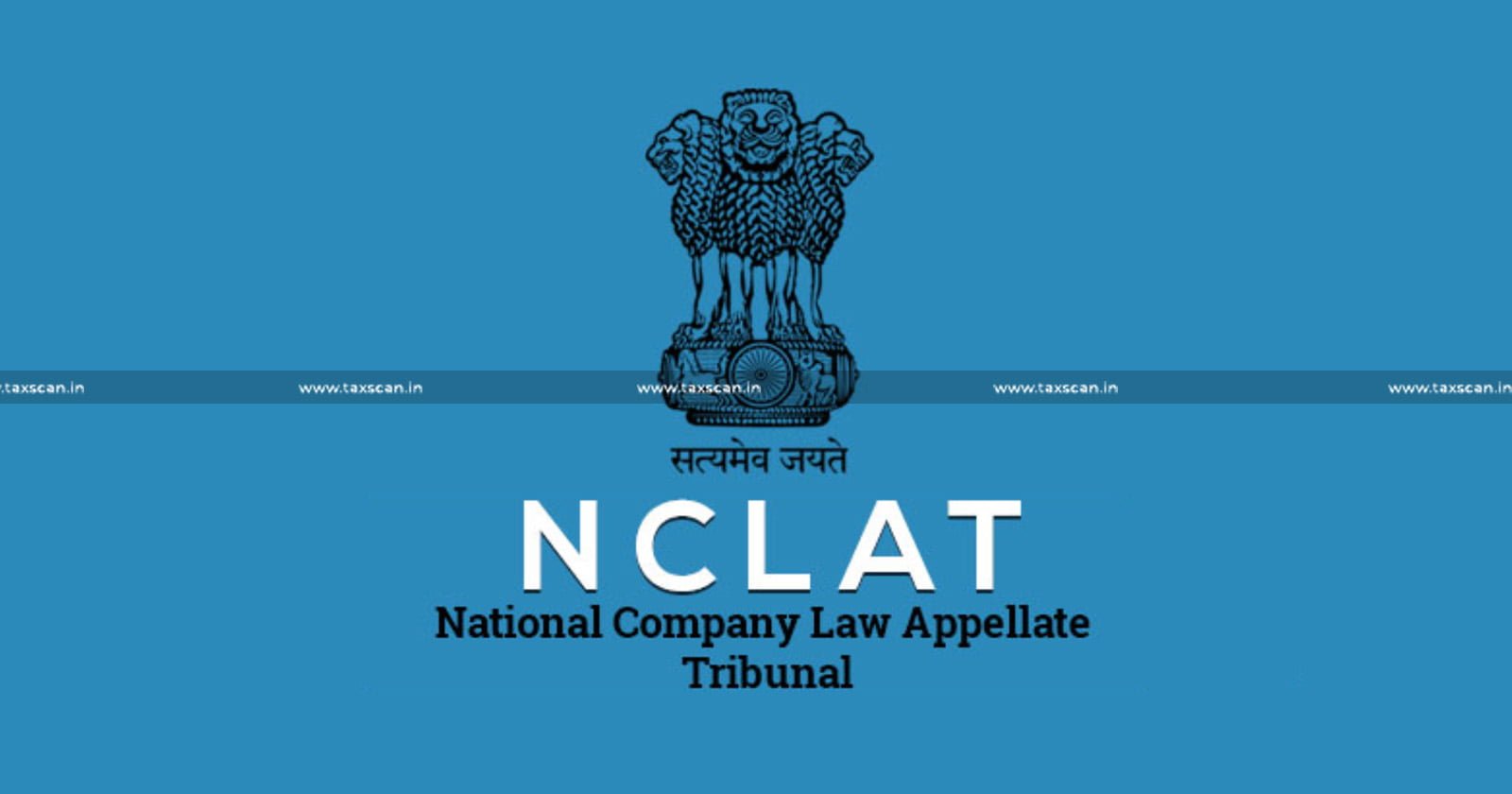NCLAT Admits Tremco's Insolvency Plea Against Brite Proofings Over Rs. 18.74 Crore Debt, Initiates CIRP [Read Order]
The Tribunal held that the Operational Creditor had established the existence of a debt exceeding the statutory threshold and a default, and that the Corporate Debtor's contentions regarding a pre-existing dispute and procedural defects were untenable.
![NCLAT Admits Tremcos Insolvency Plea Against Brite Proofings Over Rs. 18.74 Crore Debt, Initiates CIRP [Read Order] NCLAT Admits Tremcos Insolvency Plea Against Brite Proofings Over Rs. 18.74 Crore Debt, Initiates CIRP [Read Order]](https://images.taxscan.in/h-upload/2025/11/21/2107061-nclat-new-delhi-tremco-insolvency-plea-taxscan.webp)
The National Company Law Appellate Tribunal (Principal Bench, New Delhi) has admitted a Section 9 application filed by Tremco CPG (India) Private Limited against Brite Proofings Private Limited, leading to the initiation of a Corporate Insolvency Resolution Process (CIRP).
The Tribunal held that the Operational Creditor had established the existence of a debt exceeding the statutory threshold and a default, and that the Corporate Debtor's contentions regarding a pre-existing dispute and procedural defects were untenable.
The application was filed by Tremco CPG (India) Private Limited, the Operational Creditor, under Section 9 of the Insolvency and Bankruptcy Code, 2016, for an alleged operational debt of Rs. 18,74,53,201.59. The petitioner asserted that it had supplied construction and flooring products to the Corporate Debtor, which were accepted without protest. It was further submitted that the Corporate Debtor, after initially making some payments, defaulted on its obligations from September 2022 onwards.
The petitioner argued that the Corporate Debtor had unconditionally acknowledged the debt through email correspondence and had even made a part-payment of Rs. 25 lakhs subsequent to the issuance of a Section 8 Demand Notice, which constituted a clear admission of liability.
The Corporate Debtor opposed the application on multiple grounds. It contended that the application was filed by a person not authorized to do so, as the Specific Power of Attorney was limited to the state of Tamil Nadu. The Corporate Debtor also argued that the Demand Notice was procedurally defective for failing to annex all relevant invoices and the mandatory Record of Default (Form D) from the Information Utility.
 Also Read:No Direct Approval for Amrapali Plan: NCLAT Upholds NCLT Direction to Reconsider Resolution or Issue Fresh Form G [Read Order]
Also Read:No Direct Approval for Amrapali Plan: NCLAT Upholds NCLT Direction to Reconsider Resolution or Issue Fresh Form G [Read Order]
Most significantly, the Corporate Debtor asserted the existence of a pre-existing dispute, citing alleged quality issues with the supplied goods, a unilateral debit note of Rs. 4.9 crores, and pending reconciliation of accounts, which it claimed barred the admission of the application under Section 8(2)(a) of the IBC.
A division bench comprising Justice S. Kakar and Justice N. Sharma, after a detailed analysis of the pleadings and documents, rejected the contentions of the Corporate Debtor. The Tribunal found that a Board Resolution passed by the Operational Creditor had duly authorized the signatory to file the application before any court or tribunal in India, thereby overcoming the territorial limitation in the Power of Attorney. Regarding the alleged pre-existing dispute, the bench observed that the Corporate Debtor's claims were vague and unsubstantiated, relying on general grievances without linking them to specific invoices.
The Tribunal emphasized that the Corporate Debtor had accepted the goods and made payments without raising any quality concerns at the relevant time, and its own email admissions of an outstanding debt of over Rs. 1 crore, which was above the statutory threshold, contradicted its claim of a dispute. The bench also relied on the Supreme Court's decision in Mobilox Innovations (P) Ltd. v. Kirusa Software Pvt. Ltd. to hold that a defense must be plausible and not a mere bluster.
On the procedural issue, the Tribunal, citing Vijay Kumar Singhania v. Bank of Baroda, held that filing a Form D was not mandatory for initiating a Section 9 proceeding, and the petitioner had furnished sufficient other evidence, including ledgers and email correspondence, to prove default.
Accordingly, the Tribunal admitted the Section 9 application and declared a moratorium under Section 14 of the IBC. Mr. Rishabh Sethi, a registered Insolvency Professional, was appointed as the Interim Resolution Professional to manage the CIRP. The Tribunal directed that the supply of essential goods or services to the Corporate Debtor, if continuing, shall not be terminated or suspended during the moratorium period. The Operational Creditor was also directed to pay an advance of Rs. 3,00,000 to the Interim Resolution Professional to cover the costs of initiating the process.
Support our journalism by subscribing to Taxscan premium. Follow us on Telegram for quick updates


